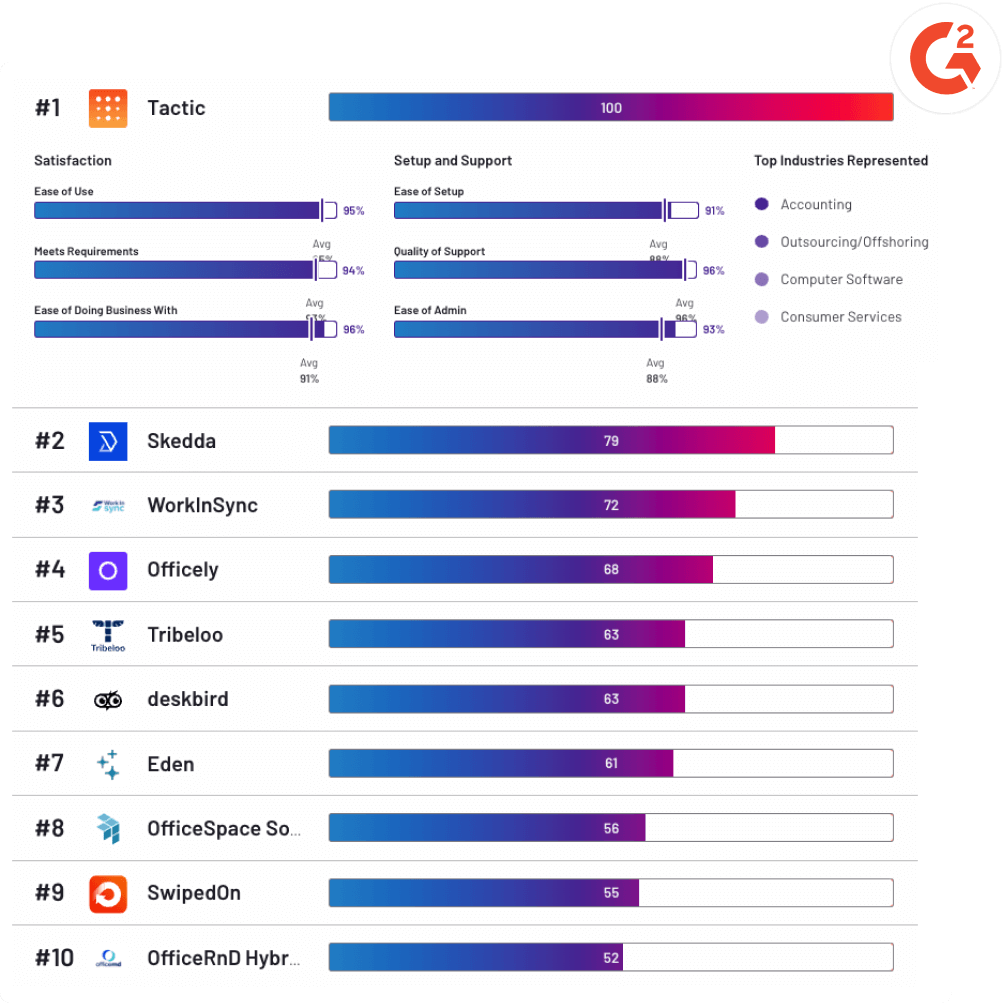Welcome to our comprehensive guide on meeting room scheduling. Effective management of meeting room space is crucial for boosting productivity and ensuring smooth operations within organizations. In this guide, we will explore the importance of efficient meeting room scheduling and provide valuable insights and tips for optimizing the process.
Key Takeaways:
- Efficient meeting room scheduling plays a vital role in maximizing productivity.
- A centralized booking system simplifies the process and enhances resource allocation.
- Choosing the right meeting room booking software is essential for a seamless experience.
- Setting up a user-friendly meeting room scheduler requires careful configuration and guidelines.
- A mobile app for meeting room scheduling offers convenience and real-time updates.
Understanding Meeting Room Scheduling
Meeting room scheduling plays a pivotal role in efficiently allocating resources within an organization. With the increasing emphasis on collaboration and effective space management, having a streamlined system for booking and reserving meeting rooms is essential. A centralized meeting room reservation system offers numerous benefits, including:
- Improved Resource Allocation: A well-designed meeting room booking system allows organizations to maximize the utilization of available space. By avoiding double bookings and efficiently managing room availability, teams can easily find and reserve the right meeting space when needed.
- Enhanced Productivity: With a reliable meeting room reservation system in place, employees can easily book and manage their meeting schedules. This reduces the time spent on administrative tasks and ensures that meetings can start promptly without any room availability conflicts.
- Optimized Collaboration: By having a centralized system for meeting room bookings, teams can easily coordinate and collaborate. The ability to view and schedule meetings across different departments or teams simplifies the communication process and fosters collaboration among colleagues.
- Real-time Updates: A robust meeting room reservation system provides real-time updates on room availability and booking status. This eliminates the need for manual checks or disruptions caused by conflicting reservations.
Implementing an effective meeting room booking system streamlines the scheduling process and ensures that resources are efficiently allocated. With the right tools and processes in place, organizations can optimize their meeting room utilization and enhance overall productivity.
“A centralized meeting room reservation system streamlines the scheduling process and enhances overall productivity.”
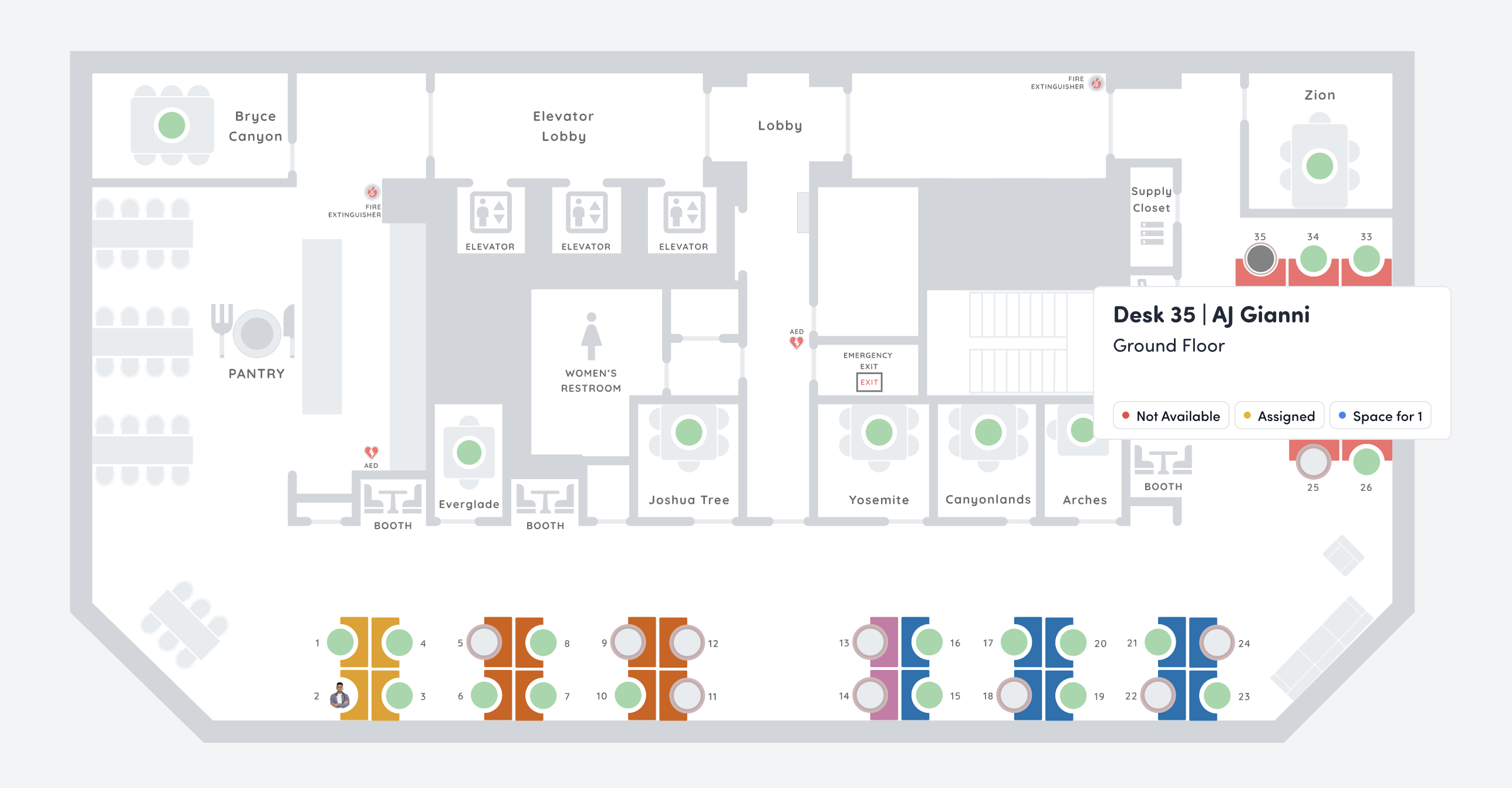
| Benefits of Meeting Room Scheduling |
|---|
| Improved resource allocation |
| Enhanced productivity |
| Optimized collaboration |
| Real-time updates |
Choosing the Right Meeting Room Booking Software
When it comes to effectively managing meeting room bookings, having the right software or application can make all the difference. With numerous options available in the market, selecting the best meeting room booking software has become crucial for organizations. In this section, we will explore key factors to consider when choosing meeting room booking software, ensuring hassle-free scheduling and seamless resource utilization.
Usability
One of the most important aspects to consider while selecting meeting room booking software is its usability. The software should have a user-friendly interface that allows employees to easily navigate and book meeting rooms without complications. Look for intuitive features that require minimal training and offer a seamless booking experience for both regular and occasional users.
Features
Meeting room booking software should offer a range of features that cater to the diverse needs of organizations. It should provide options for searching and filtering meeting rooms based on capacity, amenities, and availability. Additional features such as integration with calendar applications, automated email notifications, and check-in/check-out functionalities can greatly enhance the overall user experience.
Integration Capabilities
In today’s interconnected world, it’s essential for meeting room booking software to seamlessly integrate with other systems used within the organization. Look for software that can integrate with calendar applications, email clients, and other collaboration tools. This will ensure that meeting room bookings are synchronized across platforms, avoiding conflicts and double bookings.
User Feedback
Before making a decision, it’s always beneficial to consider user feedback and reviews. Look for software that has positive reviews and ratings from other organizations similar to yours. Implementing meeting room booking software that has been well-received by users increases the likelihood of a successful implementation and adoption within your organization.
Did You Know?
According to a recent survey, 80% of organizations reported improved efficiency and productivity after implementing meeting room booking software.
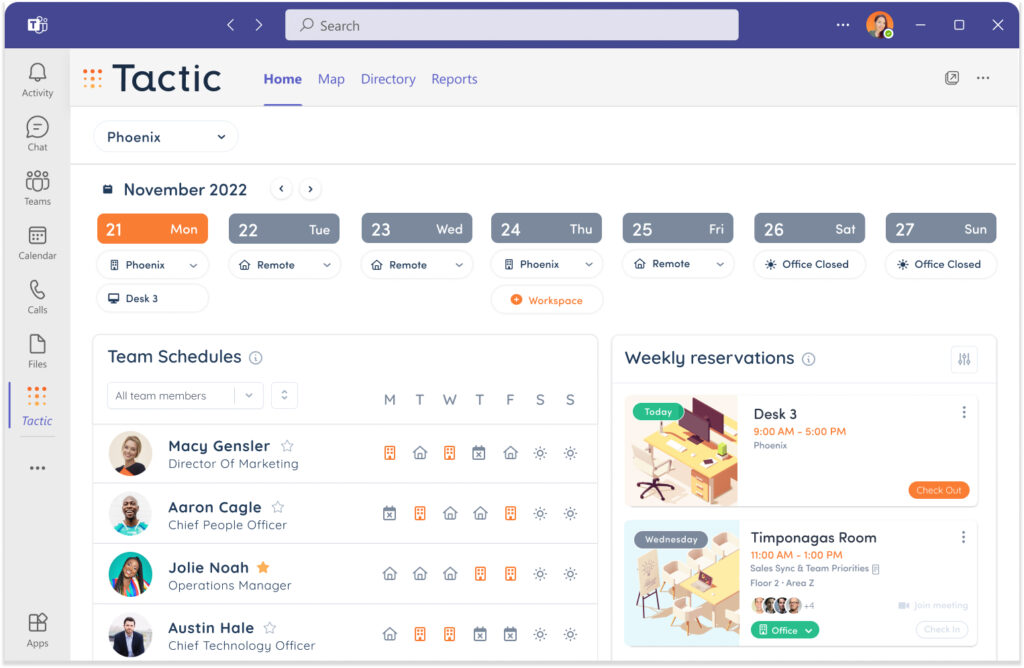
Setting Up Your Meeting Room Scheduler
Setting up a meeting room scheduler is an essential step in optimizing your organization’s space management. A well-designed scheduler allows for efficient booking and reservation of meeting rooms, ensuring that teams can collaborate seamlessly. Here’s a guide on how to set up your meeting room scheduler:
Create a User-Friendly Interface
When developing your meeting room scheduler, prioritize a user-friendly interface that is intuitive and easy to navigate. This ensures that employees can quickly locate and reserve available meeting rooms without any confusion or frustration.
Configure Room Availability
Accurate room availability information is crucial for effective scheduling. Make sure to maintain an up-to-date database of your organization’s meeting rooms, including their capacity, amenities, and availability. By regularly updating this information, you can avoid conflicts and provide accurate options to users looking to book a meeting room.
Establish Booking Rules and Guidelines
To ensure smooth operations and fair access to meeting rooms, establish clear booking rules and guidelines. Define criteria such as booking duration, advance notice requirements, and any restrictions on recurring meetings. This sets expectations and promotes equitable room allocation throughout the organization.
By following these steps, you can create a meeting room scheduler that simplifies the process of reserving a meeting room and enhances productivity in your workplace.
Benefits of a User-Friendly Meeting Room Scheduler
“A user-friendly meeting room scheduler streamlines the booking process, saving employees time and eliminating frustration. It ensures that meeting rooms are utilized efficiently, increasing productivity and collaboration.” – Sarah Thompson, HR Manager at ABC Corporation
Tactic makes meeting room scheduling easy
Tactic is the #1 rated hot desking software–an all-in-one solution for desk booking, room reservations, visitor management, and office insights. Whether you’re looking to streamline workplace operations, or improve employee engagement, we’ll show you how Tactic’s workplace experience platform is helping companies just like yours to deliver:
- 336% increase in office attendance
- 47% increase in employee productivity
- 25% increase in employee retention
You can easily deploy Tactic in an afternoon and start enjoying the fruits of hybrid productivity. Book a demo to learn more today!

Streamlining the Meeting Room Booking Process
When it comes to managing meeting room bookings, efficiency and convenience are key. That’s where a meeting room scheduling app comes in handy. With its user-friendly interface and advanced features, this app streamlines the entire booking process, making it quick and hassle-free for everyone.
One of the major advantages of using a meeting room scheduling app is the ease of accessing available rooms. Gone are the days of checking paper calendars or sending emails back and forth. With just a few taps on your mobile device, you can view real-time room availability and make instant bookings.
Not only does the app provide a comprehensive overview of room availability, but it also offers valuable information such as room capacity and amenities. This ensures that you choose the most suitable space for your meeting, saving you time and effort.
In addition to simplifying the booking process, the app can send instant notifications and updates directly to your phone. This means you’ll never miss a meeting room change or update again. Whether there’s a last-minute cancellation or a room becomes available, you’ll be the first to know, allowing you to adapt your plans seamlessly.
Key Features of a Meeting Room Scheduling App:
- Real-time availability: Access up-to-date information on room availability anytime, anywhere.
- Instant bookings: Make quick and hassle-free reservations with just a few taps on your mobile device.
- Room details: View comprehensive information about each room, including capacity and amenities.
- Notifications: Receive instant updates and notifications regarding room changes or availability.
- Intuitive interface: Enjoy a user-friendly interface that makes navigating the app a breeze.
With a meeting room scheduling app, you can streamline the booking process, save time, and ensure that meetings run smoothly. Whether you’re in the office or on the go, managing your meeting room reservations has never been easier.
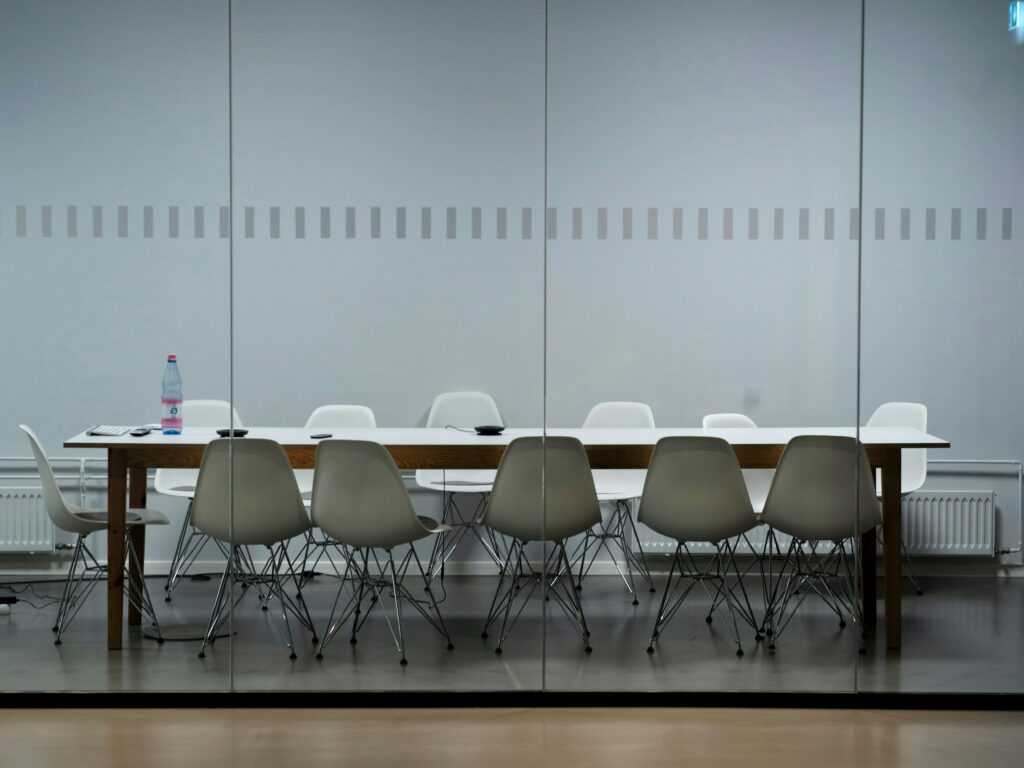
“The meeting room scheduling app has transformed the way our organization books and manages meeting rooms. It’s so convenient to check availability and make reservations, all from our smartphones. Meetings are now more organized, and we no longer waste time searching for available rooms.” – Sarah Thompson, Sales Manager
Effective Communication and Collaboration
In any organization, effective communication and collaboration are essential for smooth operations and successful outcomes. Meeting room scheduling plays a crucial role in facilitating these key aspects of teamwork. By efficiently managing and booking meeting rooms, organizations can ensure that all stakeholders are on the same page and able to collaborate effectively.
The Role of Meeting Room Scheduling
Meeting room scheduling serves as the backbone for productive meetings by providing a centralized system for booking and reserving rooms. It helps avoid conflicts and minimizes confusion by clearly indicating the availability of meeting spaces.
“Effective meeting room scheduling is the cornerstone of successful collaboration. It ensures that teams have the necessary resources at their disposal, promoting focused discussions and efficient decision-making.”
With a well-organized meeting room booking system, team members can easily locate and reserve the appropriate meeting space for their specific needs. This transparency fosters effective communication, as everyone is aware of the schedule and can plan their activities accordingly.
Maximizing Productivity through Collaboration
By streamlining the meeting room scheduling process, organizations can enhance collaboration and productivity. A streamlined scheduling system allows teams to spend less time on administrative tasks and more time on meaningful discussions and problem-solving.
Furthermore, an efficient meeting room booking system eliminates the frustration and confusion that can arise from double bookings or conflicting schedules. This creates a more positive and productive work environment, enabling teams to focus on their objectives without unnecessary disruptions.
Improving Resource Management
Efficient meeting room scheduling goes beyond just organizing meetings. It has a broader impact on resource management within organizations. By optimizing scheduling processes, businesses can make better use of their space, leading to cost savings and improved overall efficiency.
With an effective meeting room reservation system in place, companies can easily track and manage room availability, ensuring that spaces are utilized to their full potential. By avoiding double bookings or underutilized rooms, organizations can maximize their resources and avoid unnecessary expenses.
A well-designed meeting room scheduling system also allows for better planning and allocation of resources. It provides a clear overview of the meeting schedule, allowing teams to easily identify available time slots and book rooms accordingly. This streamlined process ensures that meetings are scheduled in a timely manner, reducing downtime and increasing productivity.
A central meeting room reservation system enables easy collaboration and communication among team members. It eliminates the need for manual coordination and back-and-forth emails, saving valuable time and minimizing the chances of miscommunication.
“Implementing an efficient meeting room scheduling system has greatly improved our resource management. We now have a clear view of room availability, and our teams can easily book the right meeting rooms for their needs. It has streamlined our processes and enhanced collaboration within the organization.”
– Jane Smith, HR Manager
Better resource management through effective meeting room scheduling also contributes to a more sustainable work environment. By optimizing space utilization, organizations reduce their overall carbon footprint and contribute to environmental conservation.
Investing in a reliable meeting room reservation system is crucial for businesses looking to improve resource management. It not only enhances efficiency but also promotes a more productive and collaborative work culture.
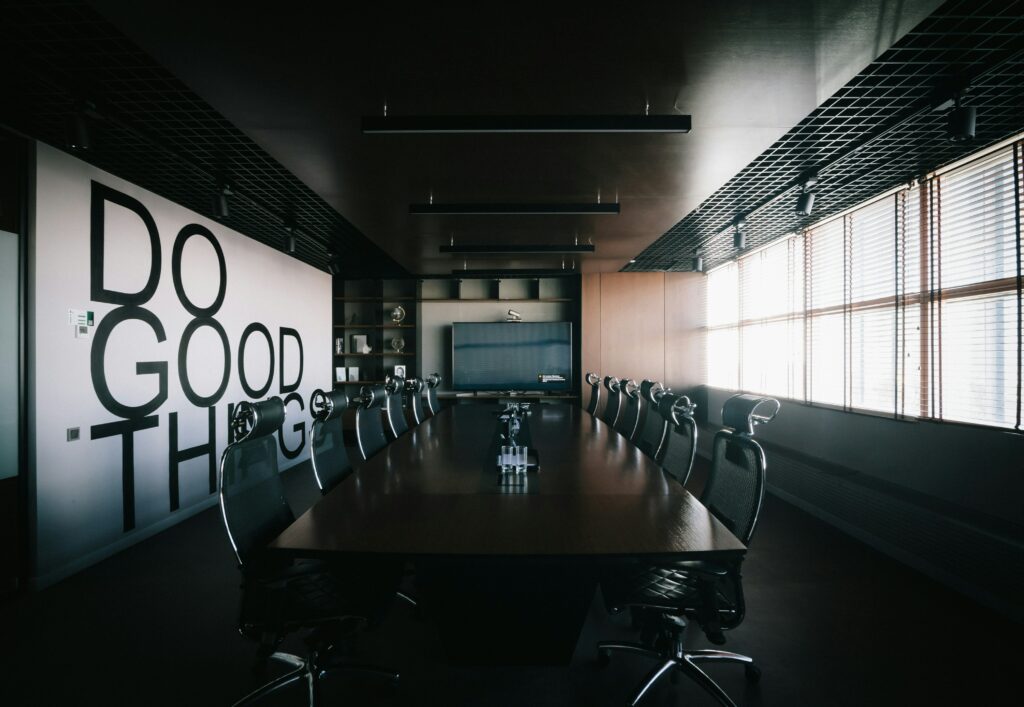
Benefits of Efficient Resource Management:
- Cost savings through optimized space utilization
- Improved overall efficiency
- Streamlined scheduling and planning
- Enhanced collaboration and communication
- Contribution to a sustainable work environment
Best Practices for Meeting Room Scheduling
In order to effectively optimize your meeting room scheduling process and ensure seamless booking experiences for all users, it’s important to follow a set of best practices. By implementing these strategies, you can maximize room availability, minimize conflicts, and streamline the overall scheduling system.
1. Establish a Centralized Reservation System
Implementing a centralized meeting room reservation system is crucial for efficient scheduling. By having a single platform that allows users to book and reserve meeting rooms, you can avoid conflicts, reduce double bookings, and easily manage room availability.
2. Define Clear Scheduling Policies and Guidelines
Clearly define and communicate scheduling policies and guidelines to all employees. This includes specifying booking lead times, duration limits, and cancellation procedures. By setting clear rules, you can minimize scheduling conflicts and ensure fair allocation of meeting spaces.
3. Regularly Update and Maintain Room Availability
Keep your meeting room availability up to date by regularly updating and maintaining the booking system. This includes promptly marking rooms as occupied or available, blocking off reserved time slots, and managing any changes or cancellations.
4. Utilize Automated Reminders and Notifications
Implement automated reminder and notification systems to keep users informed about their upcoming meetings. This can help reduce no-shows, improve attendance rates, and minimize confusion or conflicts due to forgetfulness.
5. Integrate with Calendar and Communication Tools
Ensure your meeting room booking software integrates seamlessly with employees’ existing calendar and communication tools. This allows for easy access to scheduling information and prevents the need to switch between multiple platforms.
6. Provide Real-Time Availability Updates
Offer real-time availability updates for meeting rooms to facilitate efficient booking. By displaying accurate and up-to-date information, users can quickly identify and reserve available rooms that suit their needs.
7. Define Booking Priorities and Access Levels
Establish booking priorities and access levels based on employee roles and organizational needs. This ensures that high-priority meetings or teams have preferential booking access, while still providing fair opportunities for all users.
“It helps us to manage our office space and know who will be there on a particular day. Useful for planning events and initiatives in the office as well.” – Karine C, HR & Office Manager
8. Regularly Evaluate and Analyze Scheduling Data
Regularly review and analyze scheduling data to identify patterns, room utilization rates, and potential areas for improvement. This data-driven approach can help optimize resource allocation and make informed decisions regarding scheduling policies.
Following these best practices can greatly enhance your meeting room booking and reservation system, leading to increased productivity, improved organization, and enhanced collaboration within your workplace.
Conclusion
In this guide, we have explored the significance of efficient meeting room scheduling in effectively managing space and driving productivity within organizations. By implementing the right tools and following best practices, businesses can optimize their scheduling processes and create an environment conducive to successful meetings.
Organizations that prioritize meeting room scheduling benefit from better resource management and improved collaboration. With a centralized meeting room booking system, teams can easily reserve and access meeting spaces, reducing conflicts and ensuring smoother meetings. The use of mobile apps for scheduling further streamlines the process, providing real-time updates and easy access to available rooms.
By adopting a user-friendly meeting room scheduling software or application, businesses can customize room availability, establish booking rules, and guidelines, and enhance communication across teams. Efficient scheduling leads to optimized space utilization, cost savings, and overall operational efficiency. Following the best practices outlined in this guide will help organizations make the most of their meeting rooms, promoting productivity and effective collaboration among team members.
